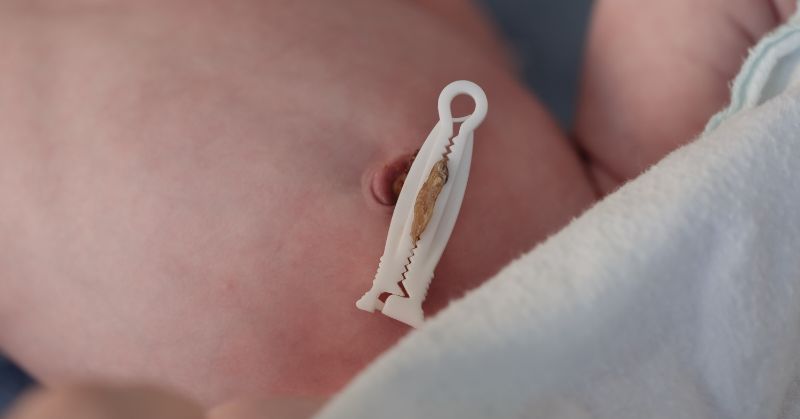Media Advisory
Thursday, November 9, 2023
Findings from NIH-funded study suggest that technique may enable faster response than standard procedure.
What
A recent study suggests that umbilical cord milking, a technique to move blood from the umbilical cord into an infant’s body, is a safe option for preterm infants born after 28 weeks who need rapid support. This method appears to provide a faster response compared to the standard procedure of delayed cord clamping. The findings from this study, supported by the National Institutes of Health, demonstrate its potential to enable immediate assistance for preterm infants in need of respiratory support.
The study refutes concerns raised by a 2019 study that umbilical cord milking might increase the risk of bleeding inside the brain for infants born before 28 weeks. The research, published in Pediatrics, specifically suggests that these concerns do not apply to preterm infants born after 28 weeks.
While the standard procedure of delayed cord clamping takes between 30 to 180 seconds for the blood to naturally flow into the infant’s body, umbilical cord milking only takes about 20 seconds, significantly reducing the delay for infants who require immediate assistance. Both procedures ensure that umbilical cord blood reaches the infant’s body before clamping, thereby reducing the risk of anemia and other complications.
The study, conducted by Anup Katheria, M.D., of the Sharp Mary Birch Hospital for Women & Newborns and colleagues from the United States, Canada, and Europe, was supported by the National Institute of Child Health and Human Development (NICHD) under the NIH.
More than 1,000 infants participated in the randomized trial where they were assigned to either umbilical cord milking or delayed cord clamping. The study found that rates of severe intraventricular hemorrhage and/or death did not significantly differ between the two groups. The researchers will continue to monitor the infants for two years to observe longer-term outcomes.
Who
Nahida Chakhtoura, M.D., chief of the NICHD Pregnancy and Perinatology Branch, is available for comment.
Article
Katheria, A. Umbilical Cord Milking versus Delayed Cord Clamping in Infants 28-32 weeks: A Randomized Trial. Pediatrics. 2023.
About the Eunice Kennedy Shriver National Institute of Child Health and Human Development (NICHD): NICHD leads research and training to understand human development, improve reproductive health, enhance the lives of children and adolescents, and optimize abilities for all. For more information, visit https://www.nichd.nih.gov.
About the National Institutes of Health (NIH):
NIH, the nation’s medical research agency, includes 27 Institutes and Centers and is a component of the U.S. Department of Health and Human Services. NIH is the primary federal agency conducting and supporting basic, clinical, and translational medical research, and is investigating the causes, treatments, and cures for both common and rare diseases. For more information about NIH and its programs, visit www.nih.gov.
NIH…Turning Discovery Into Health®


